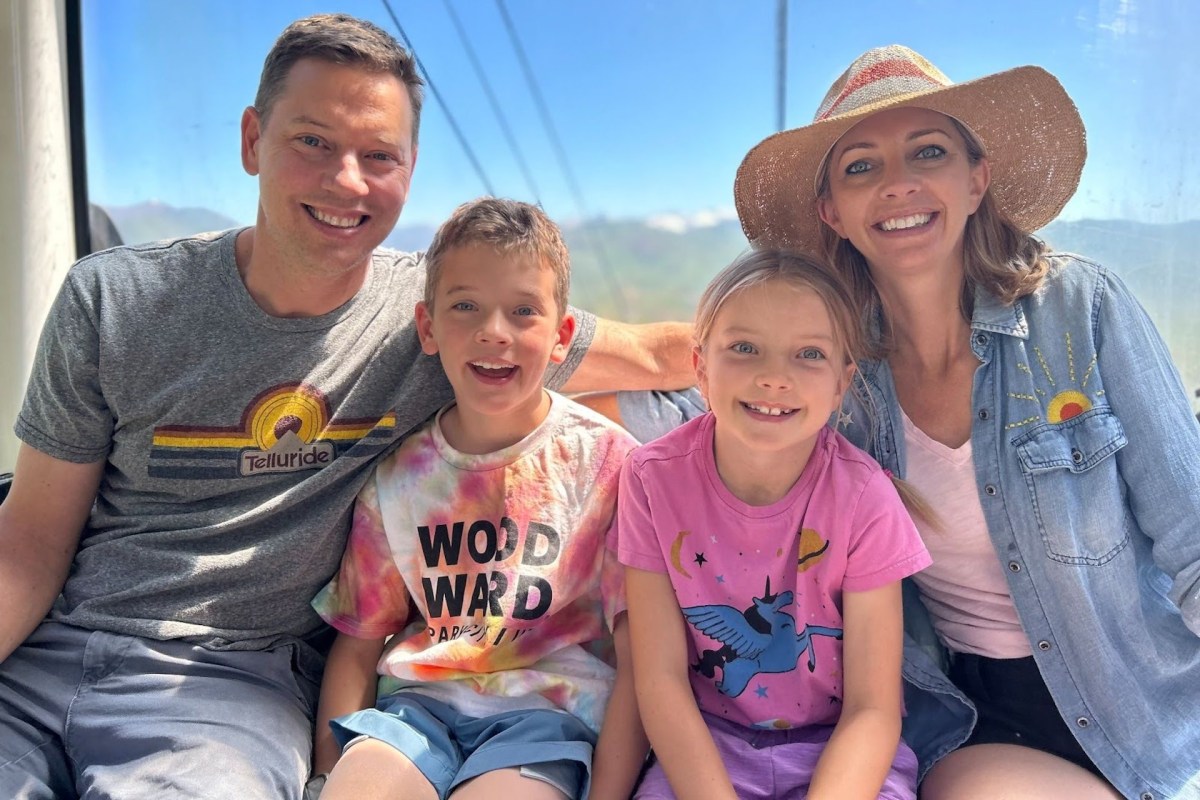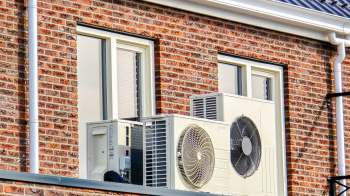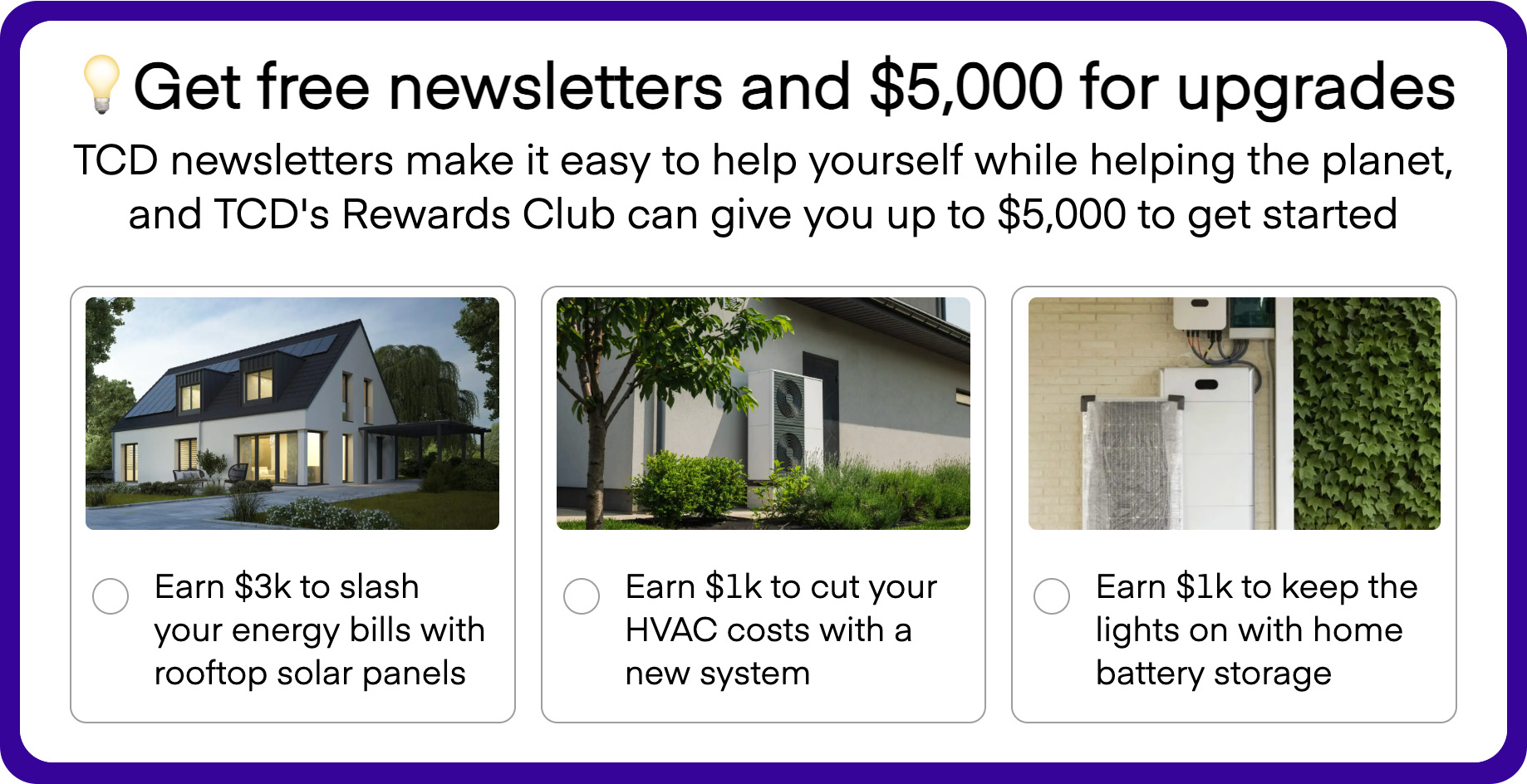Here's the reality: Our kids are experiencing climate change, wherever they live.
This can often be overwhelming: My kids, who live in the West, were evacuated from wildfires in the middle of the night. On the East Coast, kids experienced thick smoke that kept them indoors during the Canadian wildfires last summer. For kids in the South, their sports practices might have been canceled due to extreme heat.
But there's another side to this story: My kids — and yours — will also have a front-row seat to the biggest and most exciting transformation in history. They'll see gas stations turn into charging stations, solar panels power their homes and schools, and they may even find it normal to eat shrimp made from plants.
Experiencing and hearing about climate change can be scary for kids. Hey, even for parents. But if we normalize conversations around our changing climate — and help our kids connect with a better future — we can empower them instead of overwhelm them.
1️⃣ Here's where to start
People often ask me, as the founder of The Cool Down and someone who has dedicated my career to climate communication, "What's one thing I can do about climate change?"
The answer is simple: Talk about it. We talk about the things we love — at the dinner table, with our family and friends, at work, and at school.
As Dr. Katharine Hayhoe, the author of Saving Us, says, the most important thing we can do actually has nothing to do with our carbon footprint. When we start talking about climate change and using our voices to advocate for change wherever we live or work, that's when we can make big differences.
💚 Make it simple and hopeful
While climate change can seem complicated, there's an easy way to talk to your kids about it. Try this script: "Our world is changing, but together we can make the changes we need for a brighter future."
Seems simple, but that language — developed by The Nature Conservancy and climate scientist Dr. Hayhoe for the Aspen Institute's "Planet Media" initiative — suggests these points for your conversation:
✔️ Climate change is real. (99.9% of studies agree that humans are causing it.)
✔️ It's happening now. (It's affecting everywhere, right now, not in the future.)
✔️ It's us. (Humans are adding more pollution to the atmosphere and making the planet hotter than it would be without us.)
✔️ We've made progress, and we are making progress, but we need everyone to work together.
(Here's the one-pager if you want more talking points.)
🔨 Tools for parents
Research from the Yale School for Climate Change Communication shows that the majority of Americans care about climate change — and yet only 37% of Americans say they discuss it with family and friends either "occasionally" or "often," while most (63%) say they either "rarely" or "never" discuss it. More people care about climate change than you think.
Here are a few starting points that I've found helpful:
🎙️ Power up a podcast or video
My daughter loves the Rebel Girls "Climate Warriors" stories (which you can listen to for free by downloading the Rebel Girls app). Adapted from the award-winning Good Night Stories for Rebel Girls series, these stories spotlight the groundbreaking work of women across the frontlines of climate change. You and your kids can experience the mysteries of nature with Rachel Carson or camp out in the branches of a majestic redwood tree with Julia Butterfly Hill.
Or check out this new digital series, 'This is Cooler' from Encantos, aimed at making climate education fun and empowering for Tweens. The pilot episode, set in Miami Beach, features iconic recording artist Gloria Estefan, and in just days received nearly 4 million views on YouTube.
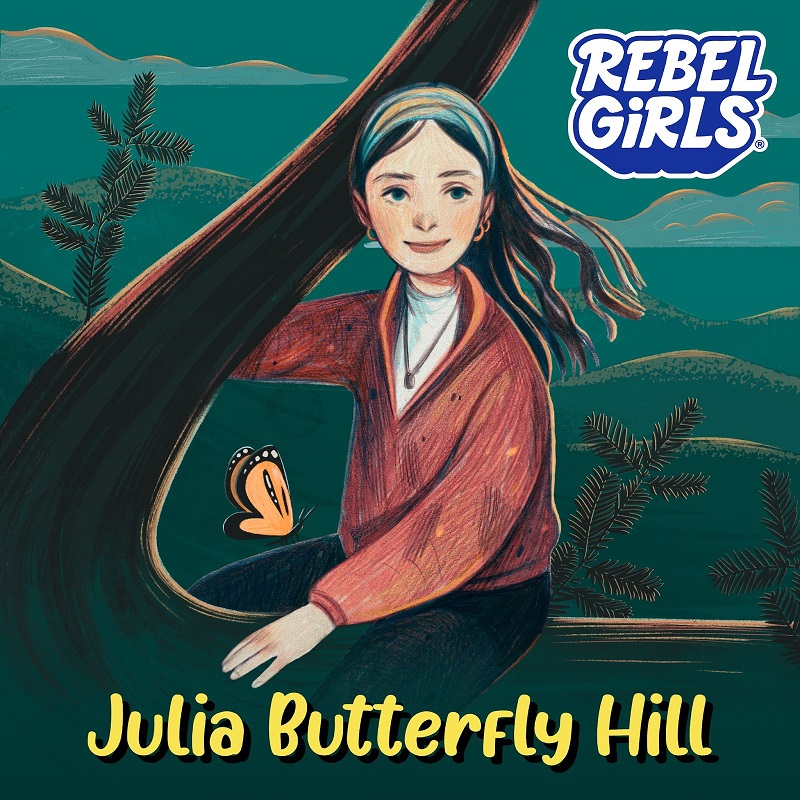
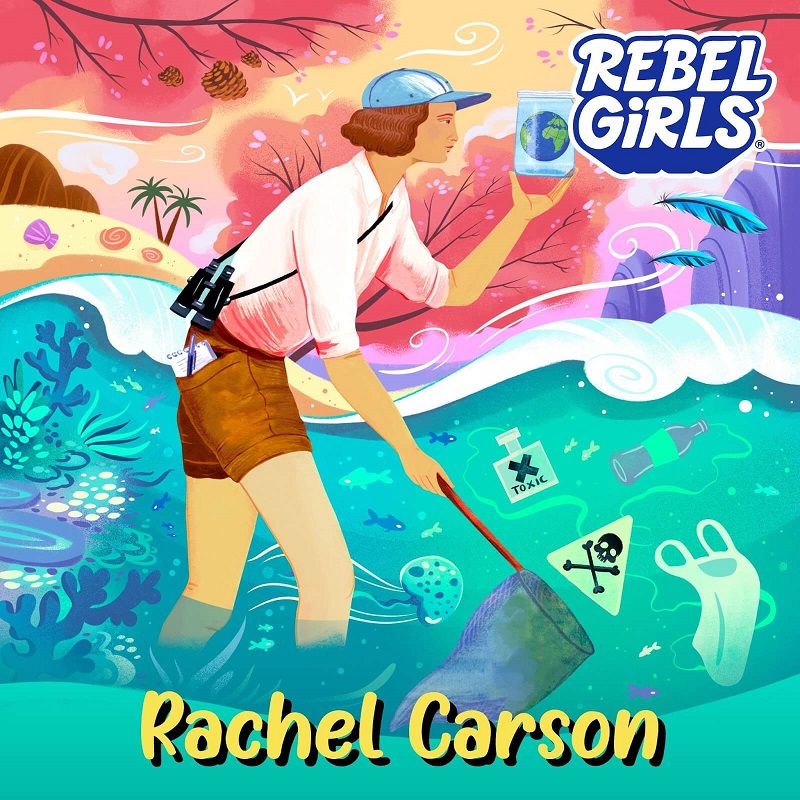
🎨 Get colorful
The Climate Mental Health Project put together a climate emotions wheel that teachers, librarians, parents, therapists, and others worldwide are using to help kids check in with their emotions around climate topics.
👂 Be an active listener
Anya Kamenetz, who leads the parent focus groups and creation of the Climate Mental Health Network's parent resources, recommends starting by asking your kids what they're hearing and what questions they have.
"Talk about solutions and about people who are helping and actions they can take to help. Encourage them to talk about their feelings. Reassure them that all feelings are normal," she says. "Talking about solutions makes children and adults feel empowered to make a difference. Action is key to coping with climate change."
🌳 Just dive in
Start taking action in your own home, or at your school, with your kids. We started a composting program at our elementary school. It's become an empowering way to engage students in an action that has a real impact, reducing thousands of pounds of food waste every month. It's a great leadership opportunity for them, and the kids start asking their parents about composting at home, too.
Clothing swaps at your school, outdoor cleanup days, taking your kids with you to the recycling center — these are all easy ways you can get kids to see that sustainability solutions are out there.
They just need acting on.
Join our free newsletter for easy tips to save more, waste less, and help yourself while helping the planet.
